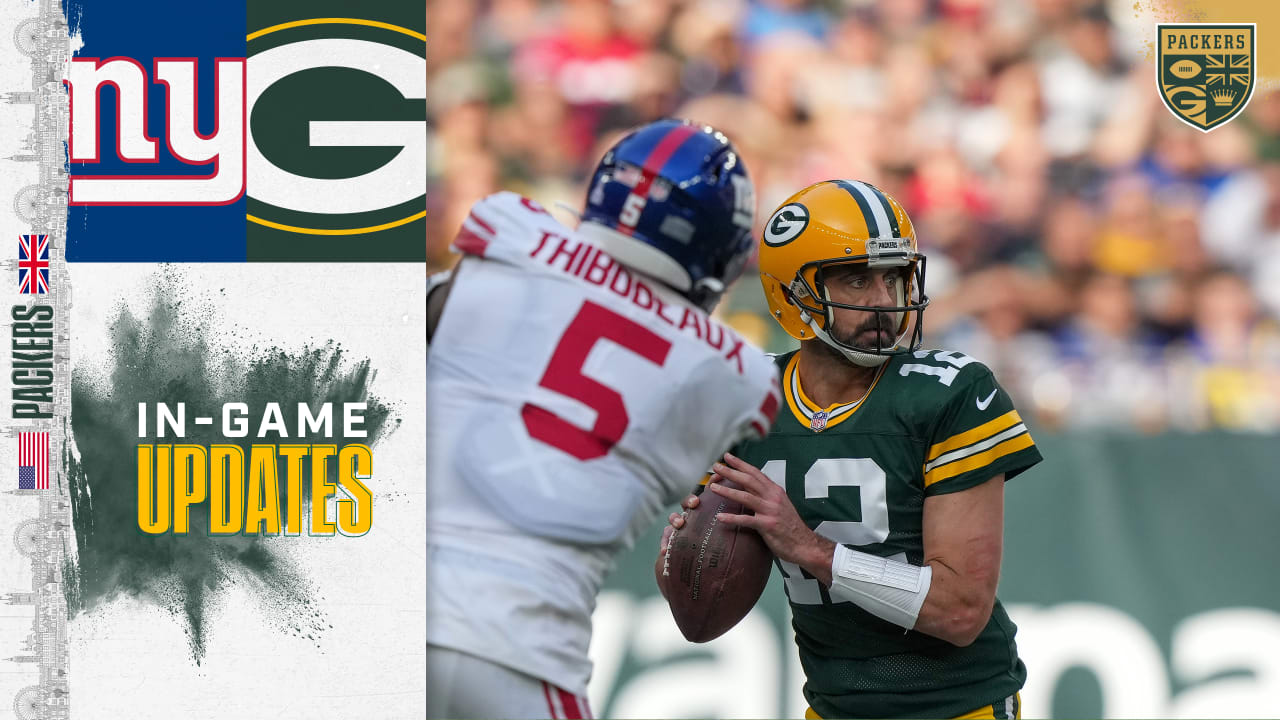The Supreme Court volition instrumentality up 2 cases investigating ineligible protections for apps and websites, according to a newly released database of orders. The archetypal lawsuit is Gonzalez v. Google, a quality implicit whether sites’ proposal systems are covered by Section 230 of the Communications Decency Act. The 2nd is Twitter v. Taamneh, which covers the modular for uncovering a tract illegally supporting terrorists.
The cases volition connection the Supreme Court a accidental to dramatically reshape the online ineligible scenery — not lone for immense companies similar Twitter and Google but besides smaller web services that are protected by laws similar Section 230. They whitethorn soon beryllium joined by a lawsuit covering sites’ close to moderate objectionable idiosyncratic posts. Petitioners volition reason successful beforehand of a tribunal that’s shown expanding enthusiasm for paring backmost online ineligible shields, particularly Section 230.
One lawsuit could determine the scope of Section 230
Gonzalez v. Google involves 1 of galore attempts to writer Meta, Google, Twitter, and different companies for failing to prohibition members of sanctioned violent groups. The plaintiffs assertion Google’s YouTube level “knowingly permitted” Islamic State propaganda and recruitment videos and dispersed them done its proposal system, violating laws against materially supporting terrorism. (The suit was filed by relatives of Nohemi Gonzalez, a pistillate killed successful a 2015 ISIS attack.) But an appeals tribunal concluded that Google’s behaviour was protected by Section 230 since the recommendations progressive user-generated content.
Twitter v. Taamneh is simply a akin terrorism-related lawsuit decided successful the aforesaid appeals tribunal decision arsenic Gonzalez. But dissimilar that case, the tribunal kept Taamneh alive, declining to analyse whether Section 230 should use to the situation. It recovered that, absent that protection, sites could perchance interruption the Anti-Terrorism Act if they formally banned but didn’t adequately scrub violent content. Twitter wants to found a Supreme Court ruling to the contrary, peculiarly if the Supreme Court overturns the determination successful Gonzalez.
The Supreme Court declined to settee questions astir sites’ liability for violent contented successful 2020. Now, it’s reversed people successful a mode that mightiness person large repercussions — determining whether the web’s ubiquitous proposal features are protected by a highly contentious law.


/cdn.vox-cdn.com/uploads/chorus_asset/file/22808411/ELDENRING_21.jpg)
/cdn.vox-cdn.com/uploads/chorus_asset/file/16187167/acastro_190412_1777_slack_0002.jpg)
/cdn.vox-cdn.com/uploads/chorus_asset/file/24047545/a30_pdp_full_bleed_3_desktop.png)


/cdn.vox-cdn.com/uploads/chorus_asset/file/24106181/apple_card_daily_cash_savings_accout.jpg)
 English (US) ·
English (US) ·  Indonesian (ID) ·
Indonesian (ID) ·